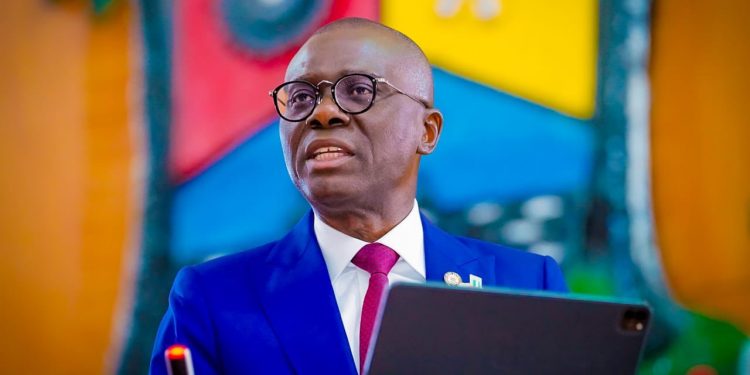Lagos State has projected an investment requirement of between $14 billion and $33 billion to address its energy generation needs by 2030, as it works to meet the demands of its expanding population and economy. This was disclosed by Mr. Kamaldeen Balogun, General Manager of the Lagos State Electricity Board, during the 15th Ralph Alabi Memorial Lecture and the induction of new corporate members of the Nigerian Society of Engineers (NSE) Ikeja Chapter.
The lecture, themed “Opportunities in Emerging Power Sector: A Panacea for Economic Stability and Industrialisation,” focused on the importance of innovative solutions in the power sector to support economic growth and industrialization. Balogun emphasized that Lagos, Africa’s largest metropolitan area and Nigeria’s economic powerhouse, faces significant energy challenges that need urgent attention.
Balogun outlined key strategies and initiatives aimed at addressing the energy gap and ensuring a stable and sustainable power supply for the state. These strategies include:
- Grid Modernization: The state plans to upgrade its energy infrastructure with smart technologies to enhance the reliability and efficiency of the power grid. This will help address the current challenges of electricity supply interruptions and improve service delivery.
- Renewable Energy Integration: Lagos aims to integrate 1,000 MW of power from renewable energy sources such as solar and off-grid solutions. This diversification of the energy mix is seen as a critical step in reducing the state’s reliance on the national grid and promoting sustainable energy solutions.
- Public-Private Partnerships (PPPs): Balogun stressed the importance of private sector involvement in financing energy projects. By encouraging PPPs, the state seeks to expand its energy infrastructure, attract investment, and promote greater efficiency in the power sector.
- Capacity Building: The Lagos State government is also focused on workforce development, with a strong emphasis on training engineers, technicians, and craftsmen in the power sector. This capacity-building initiative is crucial to ensuring that Lagos has the skilled workforce needed to manage and maintain its energy infrastructure.
“The need for workforce training in the power sector cannot be overstated. Our energy future depends on a skilled and capable workforce,” Balogun stated, highlighting the state’s commitment to creating a sustainable workforce for the energy sector.
Lagos State’s energy needs are vast, with the city’s population exceeding 20 million people. Despite being the economic hub of Nigeria, the state’s energy supply falls significantly short of its demands. Currently, Lagos requires more than 6,000 MW of electricity to meet its needs, yet the national grid provides less than 2,000 MW at peak periods. This gap in supply has led to regular power outages, impacting businesses and daily life across the state.
To address this energy shortfall, the Lagos State government is actively seeking private companies to invest in the development of gas-fired power plants. This initiative, in partnership with the Ministry of Energy and Mineral Resources (MEMR) and the Office of Public-Private Partnerships (OPPP), is aimed at generating up to 500 MW of electricity across four designated hubs within the state. This investment is expected to help meet the city’s growing energy demand and support its industrialization goals.
Lagos’ energy crisis is further complicated by its rapid urbanization and economic growth. As the city’s economy continues to expand, so does its demand for power, which has outpaced the supply from the national grid. The situation has led to a growing urgency for the state to seek alternative energy sources and solutions to ensure it can meet the needs of its businesses, industries, and residents.
The proposed investment and energy strategies are part of a broader effort to modernize Lagos’ energy sector and reduce its dependency on the federal power supply. As part of the state’s plans, Balogun emphasized the importance of fostering a competitive energy market and ensuring that private investors are incentivized to invest in power infrastructure.
Lagos’ energy challenges are not unique, as many other African cities are grappling with similar issues of power shortages and outdated infrastructure. However, with its large population and economic significance, Lagos’ approach to solving its energy needs could provide a model for other African cities facing similar challenges.
The Lagos State government remains committed to transforming its energy sector to ensure a stable, sustainable, and affordable power supply for its residents and industries. With the projected investment and strategic initiatives in place, the state hopes to significantly improve its energy infrastructure and support the long-term economic development of the region.
Through these efforts, Lagos aims to not only meet its current energy needs but also position itself as a leading example of how innovative solutions and private-sector involvement can drive energy sustainability and industrial growth in Africa.










